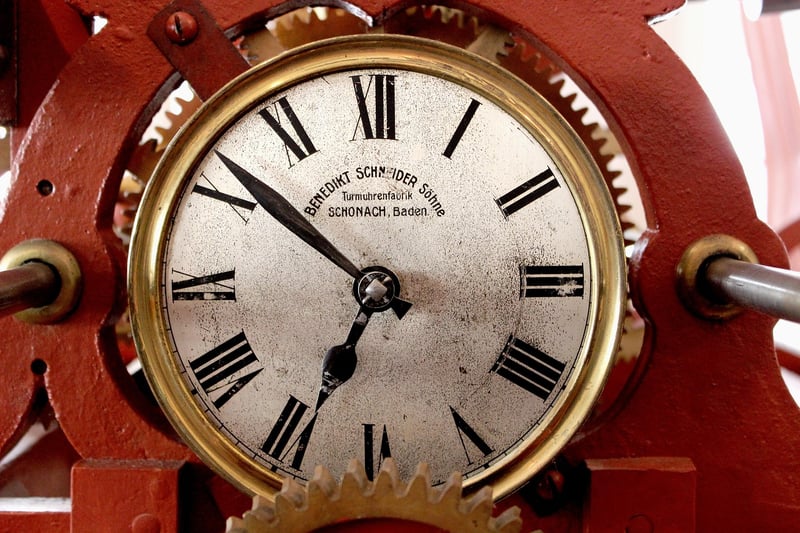Causal Loops
Avoiding Time Paradoxes and Causal Loops in Science Fiction
Time travel has fascinated humanity for centuries, inspiring countless science fiction stories. However, the concept of time travel often brings up complex issues such as time paradoxes and causal loops that can challenge even the most creative writers. Let's explore how writers can navigate these narrative pitfalls and create compelling stories without getting tangled in the web of temporal inconsistencies.
Understanding Time Paradoxes
Time paradoxes occur when a time traveler inadvertently changes the past in a way that contradicts the present or future. The most famous example is the grandfather paradox, where a person travels back in time and prevents their own grandfather from meeting their grandmother, thus preventing their own birth. This creates a logical paradox - if the person was never born, how could they travel back in time to prevent their birth in the first place?
Ways to Avoid Time Paradoxes:
- Fixed Timeline: One way to sidestep paradoxes is to adopt a fixed timeline approach, where events in the past cannot be changed. This means that any actions taken by time travelers were always part of the original timeline, ensuring consistency.
- Parallel Universes: Another popular solution is the multiverse theory, where each time travel event creates a new parallel universe. This allows for changes in the past without affecting the original timeline.
- Predestination: Embracing the idea of predestination can also resolve paradoxes. In this scenario, time travelers were always meant to go back in time and influence events, ensuring that their actions do not create contradictions.
Dealing with Causal Loops
Causal loops, also known as bootstrap paradoxes, occur when an event is its own cause. For example, a time traveler receives technology from their future self, only to go back in time and give that same technology to their past self, creating an infinite loop of cause and effect with no clear origin.
Strategies to Handle Causal Loops:
- Information Origin: Providing a vague origin for the information or object in the loop can help maintain the mystery without creating a logical contradiction.
- Time Loop Resolution: Resolving the loop by introducing an external force or event that breaks the cycle can add depth to the story and prevent paradoxes.
- Character Agency: Emphasizing the agency of characters within the loop can shift the focus from the paradox itself to the emotional and psychological consequences of their actions.
By understanding the intricacies of time paradoxes and causal loops, writers can craft engaging and coherent narratives that explore the complexities of time travel without falling into the trap of logical inconsistencies. Whether through fixed timelines, parallel universes, or creative resolutions, the possibilities for storytelling in the realm of time travel are as vast as the universe itself.

Explore more about time travel and science fiction here.
